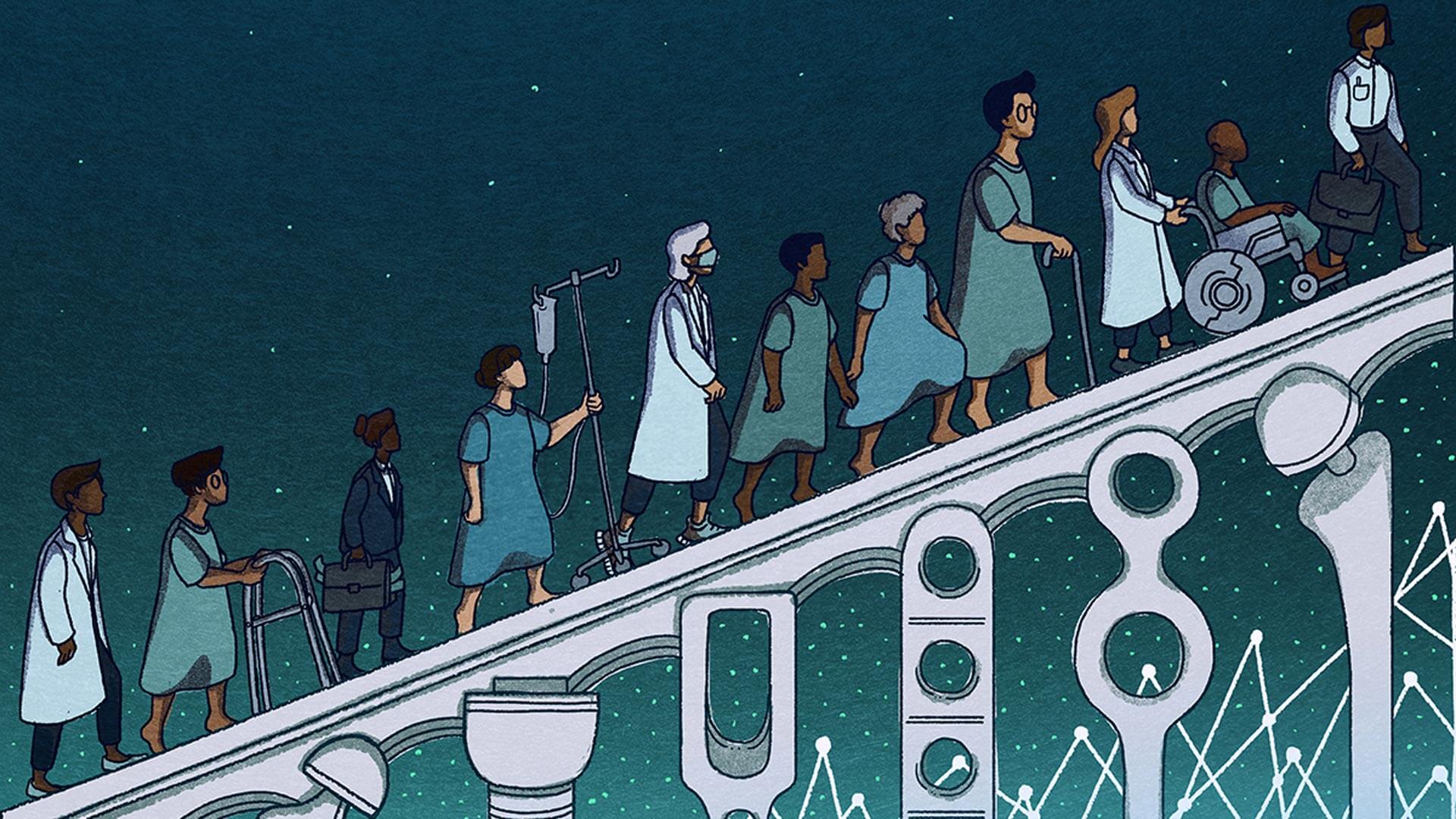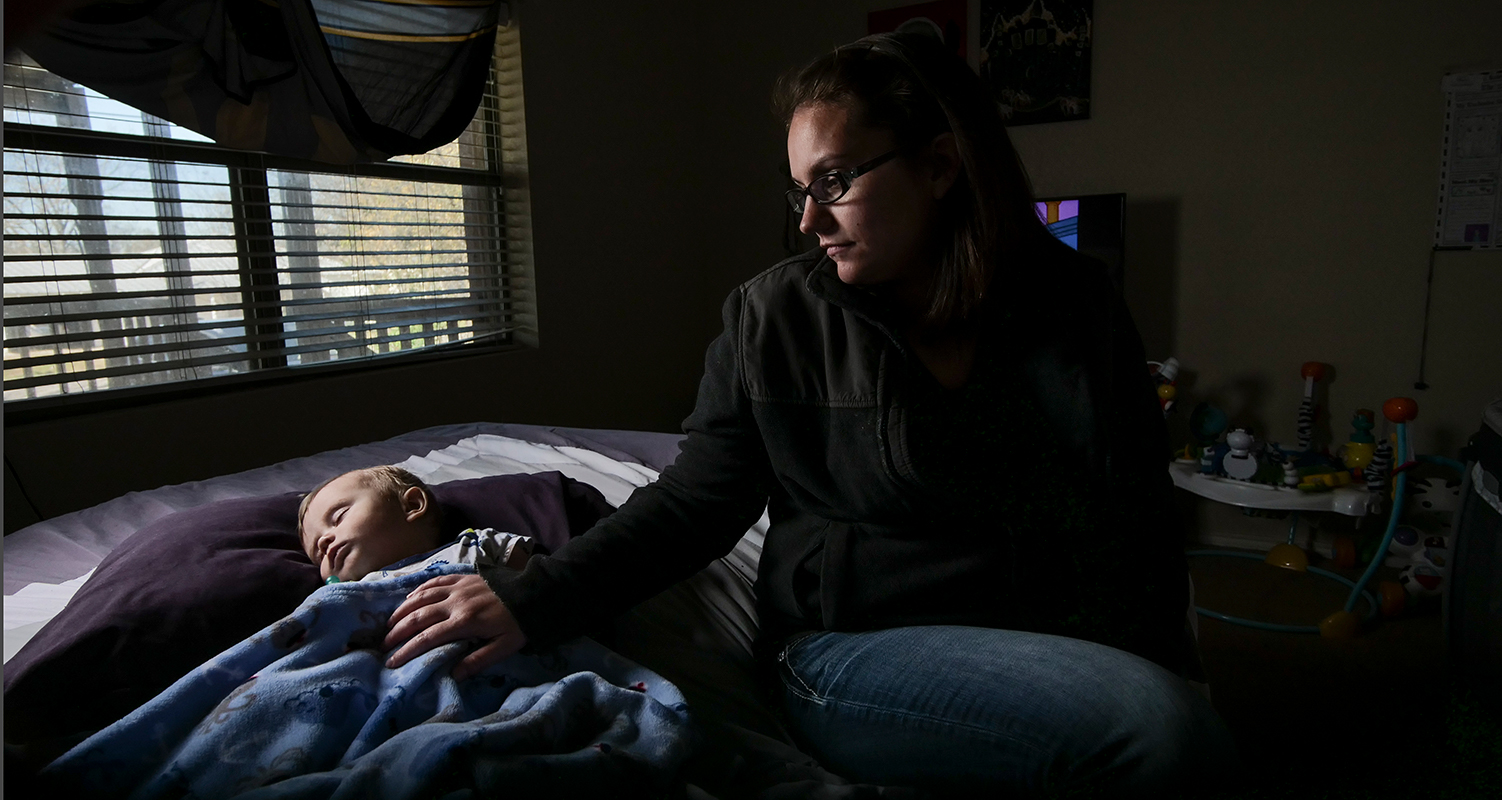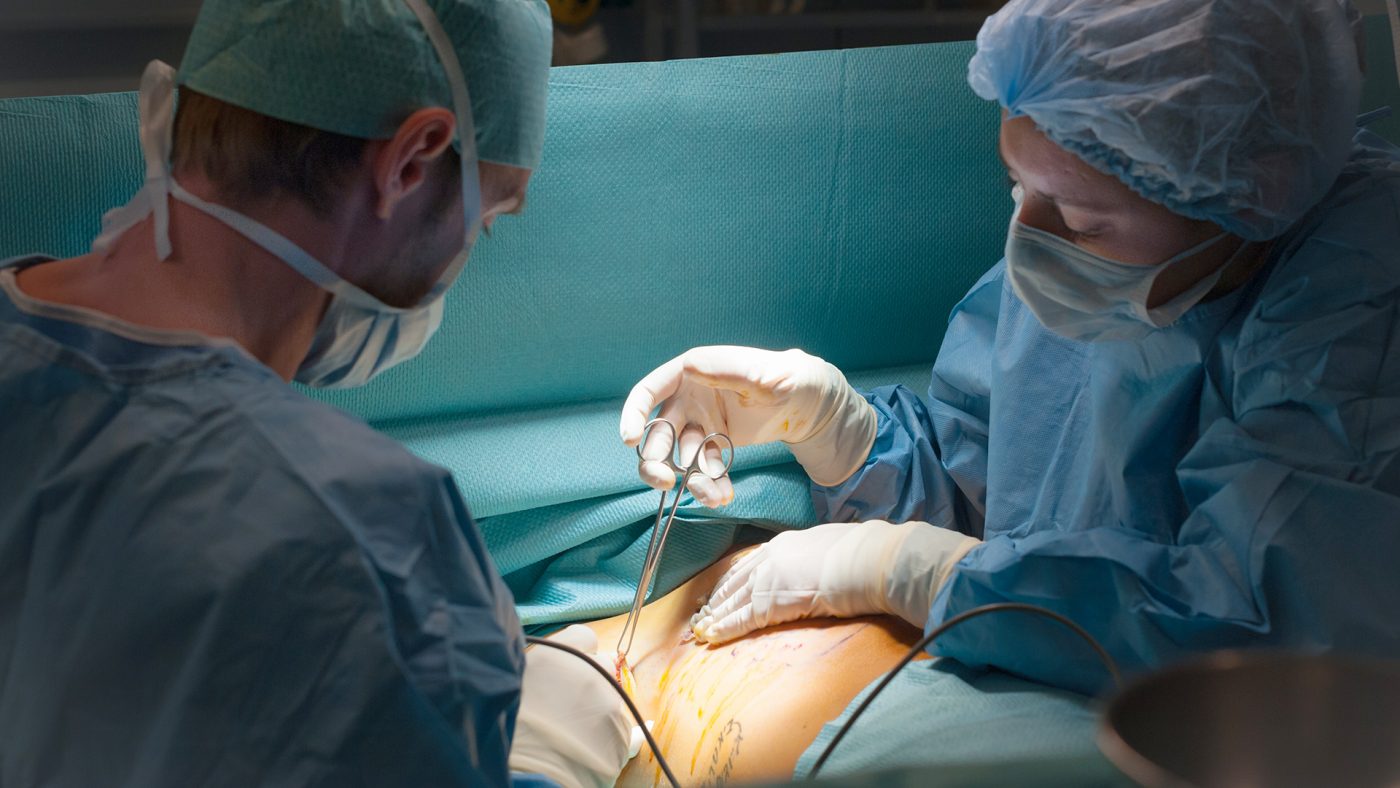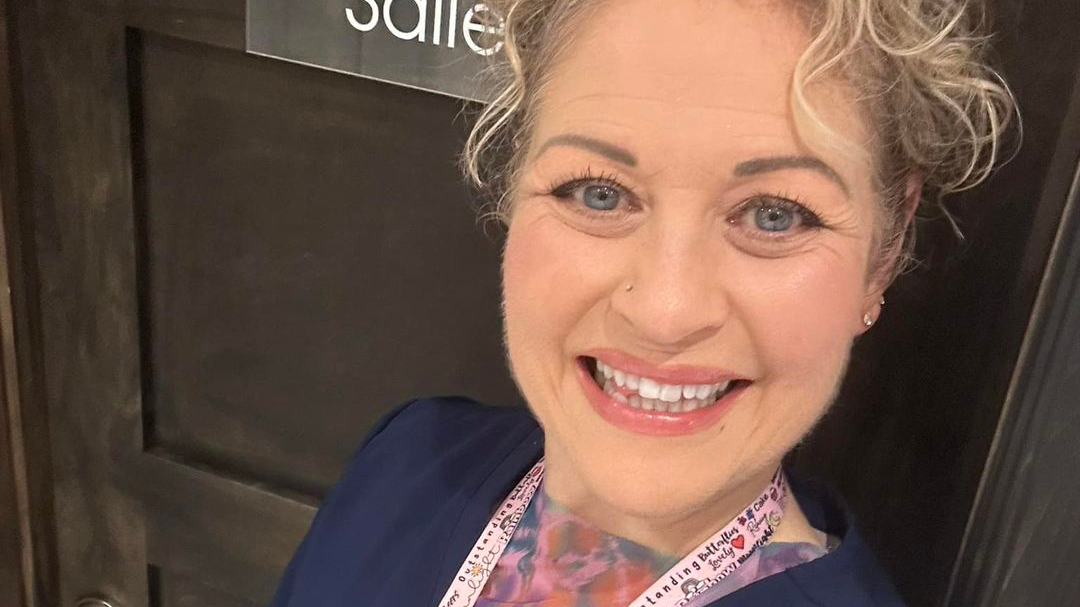A year-long investigation of the $400 billion medical device industry by the International Consortium of Investigative Journalists reveals how lax regulation has allowed under-tested devices to flow into the market, and to remain there, even after grisly problems emerge. Time and again, our Implant Files reporting led us to devices made for women, and to women who were injured when an implant fractured, ruptured, triggered an autoimmune reaction or otherwise didn’t work as intended.
Yet a seemingly basic question — whether there is a pain and suffering gender gap — remains vexingly tough to answer.
After reviewing the histories of dozens of problematic devices, and talking to hundreds of patients, this much is clear: women were disproportionately harmed in many of the scandals that have plagued the industry in recent years.
Women have higher complication rate, and need to be treated differently – Rita Redberg
Regulators, under heavy pressure from women-led patient groups – angered that their concerns have often been dismissed by doctors and by health authorities – are scrambling to make reforms. And while there is no way to determine whether more women are injured or killed than men in terms of absolute numbers, studies show that many medical implants pose a higher risk to women than men.
“Women have higher complication rate, and need to be treated differently,” says Rita Redberg, a cardiologist and medical device researcher at the University of California, San Francisco.
The best source for gender-specific data on injuries and deaths linked to medical devices should be the U.S. Food and Drug Administration. The FDA collects that information in “adverse event” reports filed by manufacturers, doctors and others when a device has harmed a patient – or has experienced a malfunction that would lead to harm if it were to recur. An ICIJ analysis of this data identified more than 83,000 deaths and 1.7 million injuries linked to medical devices.
Yet the FDA won’t make gender information public. An agency spokeswoman told ICIJ that revealing gender or age would violate patient confidentiality rules and that more broadly, “conclusions can not be drawn” about sex-specific differences in adverse event rates, because the reports themselves often contain unverified and incomplete information.
There are large gender differences in device usage – heart devices, for example, skew male – so it’s not clear whether or not the data would show a gender divide. But the FDA has issued statements that seem to acknowledge a problem, at least of perception.
On Nov. 20, the FDA announced that the agency will be “focusing on addressing clinical questions on device therapies that are unique to women.”
Asked by ICIJ what prompted the declaration, a spokeswoman pointed to previous agency communications, including a pledge to “improve the quality and efficiency of real-world evidence generation, specifically for technologies used to address women’s health” in light of “several significant medical device safety issues [that] have involved devices intended for women’s health uses.”
Those “significant” issues concern medical disasters that have wrecked the lives of tens of thousands of women.
Vaginal mesh, used to treat incontinence and hold prolapsing organs in place, has pierced sensitive tissue and caused infections in thousands of women. Josephine Kilroy, a former taxi driver, told The Irish Times, an ICIJ partner, that the mesh implant she received to treat a bladder problem a decade ago caused her so much pain that she was essentially homebound. “It has taken my whole life from me,” she said.
Breast implants can leak, rupture and collapse. They are also linked to a rare form of cancer and a range of autoimmune disorders.
Dawn Criss, a breast implant patient and bookkeeper who lives near Edmonton, Alberta, is one of more than 2,400 people to have responded so far to an ICIJ survey. Four years ago, she began to experience pain, itching and other discomforts in her breasts, she said in an interview this week.
Doctors found associated anaplastic large cell lymphoma (BIA-ALCL) in her left breast, her medical records show. Symptoms from colitis, an autoimmune disorder she suffers from that causes inflammation in the colon, disappeared almost completely after the implants were removed, she said.
Essure coils are a sterilization device that have damaged reproductive organs and triggered allergic reactions in thousands of women worldwide. El Confidencial, another ICIJ partner, told the story of María Ángeles, a Spanish women who died in May from complications stemming from a hysterectomy after she was implanted with Essure.
These devices are associated with huge numbers of patients: More than 10 million people have received breast implants over the last decade, and more than 1 million have gotten Essure, which as of the end of this year will have been pulled from the market in every country. Hundreds of thousands have had a mesh implant. There is no comparable group of male-focused products with these kinds of widespread problems.
Even many devices used by all genders appear to harm women more often than men.
Women who received a Thoratec HeartMate II, an implant that pumps blood out of the left side of the heart in patients that have suffered heart failure, were three times as likely as men to have a stroke in the pre-approval studies. Women who underwent hip replacement surgery were found to have a 29 percent higher rate of hip implant failure than men — and also experience a “remarkable and significant” increase in hypersensitivity to metals used in hip implants.
Women’s voices are not granted the same authority in doctors’ offices –Maya Dusenbery
Higher complication rates don’t necessarily mean devices shouldn’t be used in women. Heart pumps and other cardiac devices save and extend lives, and artificial hips help people walk again. But patients should be apprised of the risks, and doctors must factor in elevated risks when recommending a course of care, health experts say.
Redberg said there are procedures that she would recommend for men that she would not advise for women. A continuing problem, she said, is that women are often underrepresented in many clinical trials.
In dozens of interviews with ICIJ reporters and our partners, women said that when they complained of illnesses and maladies they believed were tied to an implant, they weren’t believed.
One of those women was Laura DiCarlantonio, who by December of 2017 was exhausted, suffered persistent aches and pains and had flu-like symptoms that seemed to never go away, she told ICIJ. Four years earlier she had a breast implant after a mastectomy. A scan revealed a rupture in the silicone implant — yet her plastic surgeon refused to acknowledge her symptoms or the evidence of a rupture.
Months passed while she researched her options. She had the implant finally removed in May.
In her book Doing Harm, released earlier this year, journalist Maya Dusenbery describes an “unconscious and systemic” bias that affects the care women receive.
“Women’s voices are not granted the same authority in doctors’ offices,” she told ICIJ. The majority of people suffering autoimmune disorders are women, yet the records abound of doctors turning women away when they complain of pains and other hard-to-pin-down ailments that are the hallmark of many autoimmune illnesses, Dusenbery said.
Dusenbery, whose book emerged from research after she was diagnosed with rheumatoid arthritis in her 20s, realized how fortunate she was to have gotten an early diagnosis.
“The medical profession needs to recognize that needless delays in diagnosing women is a really big blind spot,” she said.
Correction, Aug. 7: A previous version of this story incorrectly stated that Laura DiCarlantonio had two breast implants, when she had just one. We regret the error.







